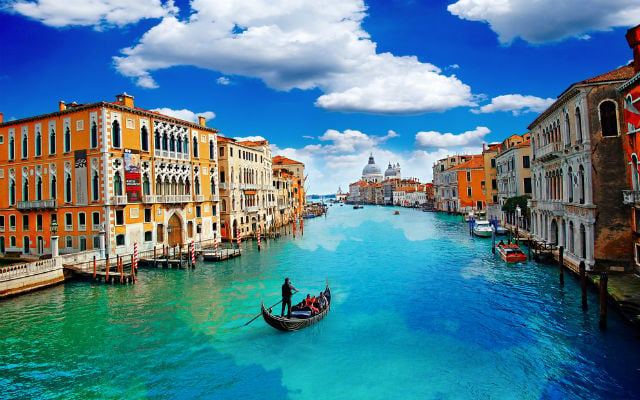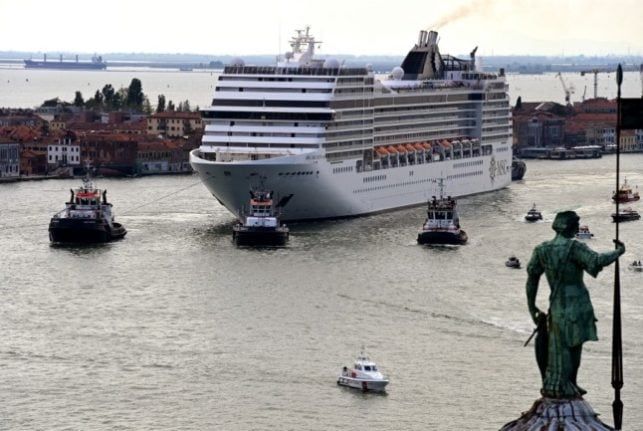Grabbing a cup of coffee on the way to a work station is a rite of passage many office workers hold as sacred. Not to mention in Italy, where 'la pausa del caffè' (a coffee break) is an institutionalised morning ritual.
A new set of norms for council workers approved by Venice's mayor, Luigi Brugnaro, aims, however, to run a tighter ship in the city home to more than 170 canals.
Coffee breaks are not mentioned per se, although the new adopted norms state council workers, once clocked in, should “refrain from carrying out activities that delay the effective starting of service,” reports Italian daily Repubblica. In a nutshell, arrivederci caffè for the city's 2,600 or so council workers.
 Best to bring your own coffee if you work for Venice's municipality. File photo: ArturVerkhovetskiy/Depositphotos
Best to bring your own coffee if you work for Venice's municipality. File photo: ArturVerkhovetskiy/Depositphotos
The new measures also ban the wearing of bermuda shorts, even when temperatures exceed 40 degrees Celsius in summer.
Internet and mobile phones should also only be “used in compliance with the constraints of the administration, and only for institutional purposes.”
Several councils across Italy have introduced similar measures in recent years with a view to reducing distractions for employees during working hours.
READ ALSO:
- Italy council staff 'skived work to go shopping and hunting'
- Italy time clock cheats wear cardboard boxes over heads
- Italy finally calls time on work-shy public sector workers
In Jesi, a town in the Le Marche region, council workers are now forbidden to leave the council building without prior authorization during their shifts. In Trieste, council staff have been told not to drink alcohol on their lunch breaks.
Venice had already introduced specific dress code guidelines for municipal police in February 2018. Female officers are allowed to wear a single ring and a small necklace, but earrings are only allowed if they are “spheric or semi-spheric”. Male officers, however, cannot wear earrings or display body piercings.
Women serving in the force should also not wear coloured bras that are visible under their uniform. The same guidelines also stipulate that women cannot go to work with “bizarre or unusual” hairstyles, according to a report in local daily La Nuova di Venezia e Mestre.
Some of the guidelines for municipal police have been criticised by stakeholders. Daniele Giordano, secretary general of the Italian Confederation of Labour and Industry in Venice, reportedly described the dress code for police officers in Venice as “offensive and absurd” at the time.
READ MORE: Twelve authentic spots to eat and drink on a budget in Venice



 Please whitelist us to continue reading.
Please whitelist us to continue reading.